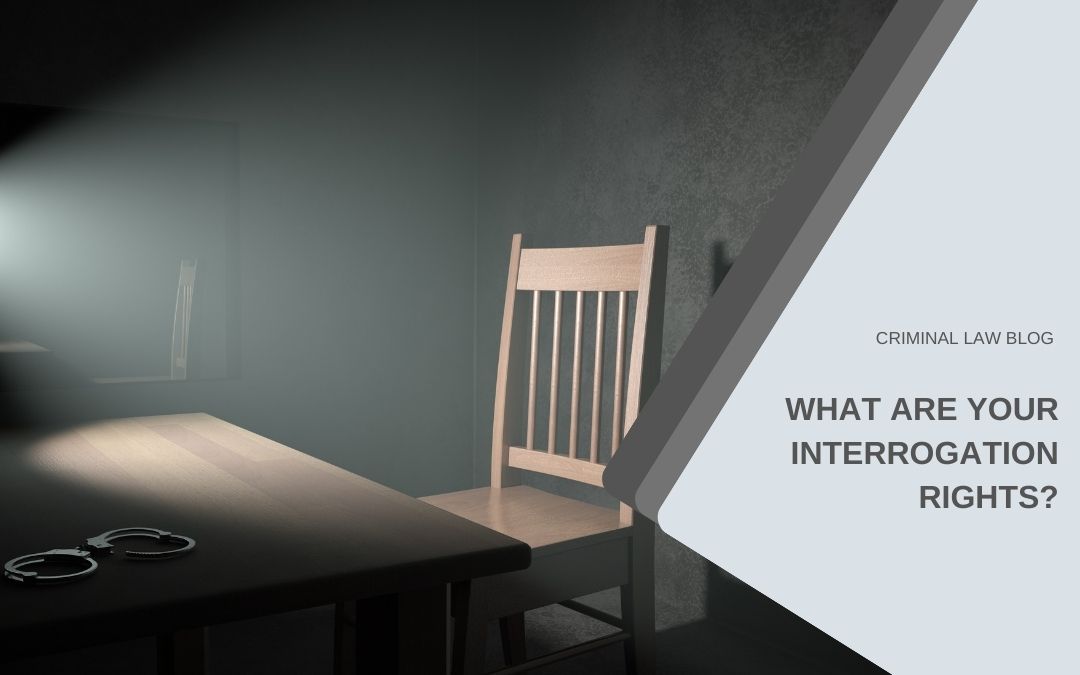Understanding your interrogation rights is essential to ensure you avoid being coerced into a confession.
During a police interrogation, you have the right to:
- Remain silent — you don’t have to answer any questions
- Representation by a criminal defense attorney — talk to your lawyer before talking to law enforcement
- Have your attorney present — you can request to have your lawyer present during the interrogation to ensure you don’t answer anything or do something to worsen your situation
For instance, officers may pressure you or try to manipulate your emotions and reactions, so you confess.
They also may use tactics to make you less likely to ask for a defense attorney, like implying they can only help you if you talk to the officers. Or that by cooperating, you will help your situation, implying a lesser sentence or that you’ll be let go.
Remember that officers do not have to tell you the truth during an interrogation. They are permitted to use deceit. For example, they can say there is evidence that convicts you or that someone saw you committing the crime — even if it’s not true.
What can you do if you believe you are being coerced into a confession?
If you believe you are being coerced into a confession, you should immediately stop answering any questions and inform the officers that you want an attorney present before continuing.
They should not ask you any more questions until your attorney arrives.
You’ll need to let the attorney know what happened before they arrived, the questions you answered, and the information you provided. Do this without the officers present.
Defense lawyers can help ensure you only answer questions that can’t be held against you and help protect you from coercive tactics. It is critical to have trusted representation present during an interrogation to ensure you aren’t coerced into confessing or providing information you don’t need to give.
Lastly, if you’ve already been coerced or wrongfully confessed to a crime, contact a criminal defense attorney so they can help you.


